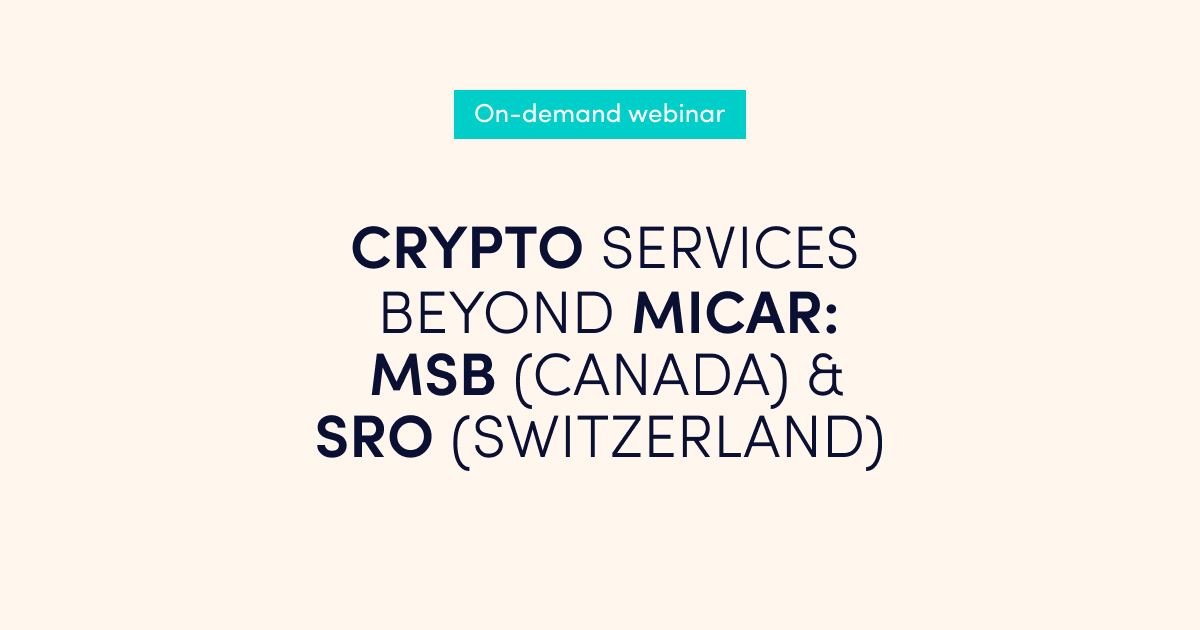Anti-money laundering (AML) is a risk-based approach based on laws, legislation and procedures aimed at restricting lawbreakers from turning illegal funds into legitimate revenues. In the financial industry, AML regulations require that financial institutions, providing current account and loan services, aren’t involved or support money-laundering activities.
How Anti Money Laundering (AML) Works
Anti-money laundering laws and regulations are created to detect such criminal activities as trading of illegal goods, corruption, tax evasion and other manipulations to hide crimes and a source of illicit financial flows. AML compliance officers are usually responsible for controlling and monitoring anti-money laundering policies and making sure that banks and other financial institutions comply with regulations. Financial institutions are required to perform Customer Due diligence (CDD) and report any suspicious, unusual or illegal transactions.
AML vs KYC
KYC procedures are performed as part of the onboarding process to identify and verify customer identity. Whereas, AML operates worldwide as a measure to prevent and fight money laundering, terrorism financing, and other illegal activities. Under the European Union (EU) law, financial institutions are required to onboard customers in compliance with AML and KYC regulations. .
AML legislation
The Financial Action Task Force (FATF) is an international, intergovernmental entity created to combat money laundering and terrorism financing. The FATF comprises 36 member states and issues regulatory guidance for financial institutions across the world. The independent regulator sets global Anti-Money Laundering (AML) and Counter-Terrorism Financing (CTF) standards and monitors their implementation process.
The European Union’s Anti-Money Laundering Directives are a set of l AML/CFT legislation for member states of the European Union (EU). The money laundering guidelines are issued on a regular basis following the latest money laundering, terrorism financing and criminal trends and insights of the financial industry. The Fifth Anti-Money Laundering Directive (5AMLD) was published on 9 July 2018 and came into effect on 10 January 2020. The draft 6AMLD was released in late 2018 and will come into force in June 2021.
Advapay is a technology company providing the Digital Core Banking platform to empower fintech clients or digital banks to start their businesses and accelerate digital transformation. The platform delivers all essential functionalities, a front-to-back system and a set of tools to customise and bring new integrations. With Advapay, potential and existing customers can connect either to the cloud-based SaaS or on-premise software. Besides the technical infrastructure, the company provides business advisory and fintech licensing services. Interested to learn more, please drop us a message.








